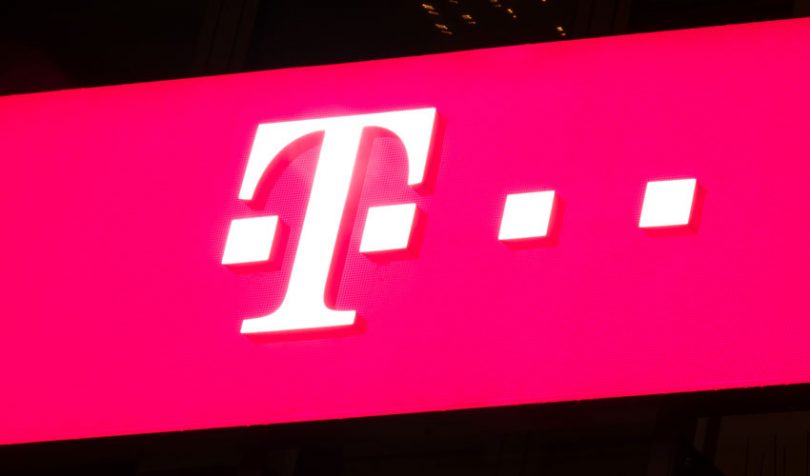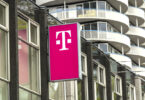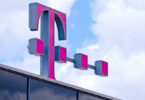Yesterday, Deutsche Telekom subsidiary T-Systems announced the launch of the German Blockchain Ecosystem (GBE), a marketplace for blockchain services. T-Systems is working with other group subsidiaries T-Labs, T-Systems Multimedia Solutions and Detecon to develop the GBE. It plans to offer the service to corporate customers in 2020.
An example that Deutsche Telekom provided is how the GBE might enhance the supply chain. It could use applications to track goods from raw material to delivery and streamline production, services, trade and payments. The key point is that the solutions for these different processes will be available in one place.
In the first phase, GBE will offer Validation as a Service.
Most companies create their own blockchain applications and host it on a cloud network. Generally, research and development of new technology is the prerogative of large corporates. With GBE, small and medium businesses can launch their own applications on a blockchain system managed by T-Systems. The platform also integrates multiple cloud service providers, including Open Telekom Cloud.
T-Systems CEO Adel Al Saleh has appealed to companies to step forward with their blockchain plans. “Please actively come forward with your application ideas for this important technological development! Together we can pave the way for the Internet of Values. And best of all, companies no longer have to rely on central platform providers of major marketplaces,” said Al Saleh.
However, the company did not divulge technology details regarding GBE other than to say it supports all the “usual” distributed ledger technology (DLT) protocols. The company is likely to provide more information when it launches the product at the Digital X finale later this month. Digital X is a cross-industry effort in Europe to enable digitalization for businesses.
Last month, the German government released a 24-page blockchain strategy, discussing the various applications of the distributed ledger technology.
Meanwhile, neighbouring country Switzerland also has a similar initiative in the works. Swiss Post and Swisscom have developed a private blockchain infrastructure which they plan to share with other Swiss organizations.
Deutsche Telekom has numerous blockchain activities. It was amongst the first five firms to sign up to the governing council of the public distributed ledger Hedera Hashgraph. Its subsidiary T-Labs is also a member of the new Convergence Alliance that focuses on the interaction of IoT, AI and blockchain.
Four months ago, the German telecoms company along with numerous global telcos joined a carrier initiative, the Communications Blockchain Network. Additionally, it’s involved with a digital identity project with SK Telecom from Korea.






